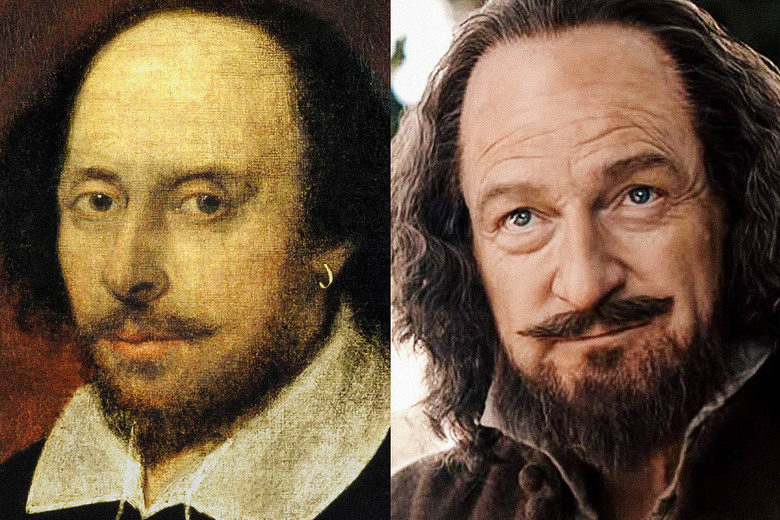Imagine that you have left your wife and children in Stratford-upon-Avon and moved to Elizabethan London to focus on your career. There, you become one of the most successful playwrights that will ever live, outmatching your educated rivals. Your theatre is thriving, at least until 1613 when it burns down, and the monarchy admires your plays so much, that your actors are proclaimed the King’s Men by King James I. Popular among your contemporaries, would you have thought that over 400 years later, people would still be talking about you?
William Shakespeare’s works remain a source of inspiration for modern adaptations over 400 years after they were first written. The playwright’s productions have been sought after ever since their premiere performances. The plays are much more inclusive in our society than in Shakespeare’s own era, when his plays were mainly staged in London and only by his own theatre company. In contrast, we have a wide selection of productions to choose from, ranging from film to stage, and from exact copies of the text to loosely based stories.
With so many film adaptations, including the first one, Hamlet / Le Duel d’Hamlet, from 1900, Shakespeare proves to be an inspiration for film producers and directors. In more recent years, many productions are loosely based on the works of Shakespeare. Some examples include the 90s classic 10 Things I Hate About You, set in an American high school. However, some directors, including Baz Luhrmann, keep their adaptations close to the original, like William Shakespeare’s Romeo and Juliet (Romeo + Juliet), in which the actors speak the Shakespearean dialogue, but minor character details and the setting are changed. Nonetheless, such adaptations would not have taken place in the fifteenth and sixteenth centuries, when Shakespeare and his production company had sole rights to the author’s works.
Kenneth Branagh’s newest film, All Is True, about Shakespeare’s retirement years beginning in 1613 after the Globe Theatre burned down, brings the author back to his home and family. The audience is able to gain an insight into his private life and see the influences it had on his works. The director’s bardolatry is evident in his six adaptations of the playwright’s works. However, we must question Branagh’s motivation behind those productions: is the director truly inspired by the plays or do they simply attract large audiences, and therefore more money?
With the current popularity of biopics, it was only a matter of time until someone decided to move from musicians, like Morrissey and Mercury, and onto other types of artists. Should we follow the postmodernist idea of the death of the author, which argues that texts should be read without any background knowledge, and not take the context of fictional works into consideration? Or, should we learn about the authors and look for new meaning in their artistry? Film adaptations make this task more accessible because not everyone can afford to go to the theatre.
We might question the appeal of his works, but one thing is for definite: Shakespeare successfully portrays real society in his fictional worlds. Obviously, the plays are exaggerated, but do we all not strive to achieve our goals, like Macbeth, or attempt to overcome all obstacles in the name of love, like Romeo and Juliet? In this sense, the focus of Shakespeare’s plays is still relevant today.
Shakespeare’s popularity, which began in his time, rare for artists of his period, continues still today. His fame not only extends through time but also through space; he is studied in many countries around the world, his plays are translated into countless languages. Will we ever get enough of Shakespeare? Will he ever be replaced? For now, at the very least, it seems not.
Karolina Glasek
Image courtesy of Slate.com

